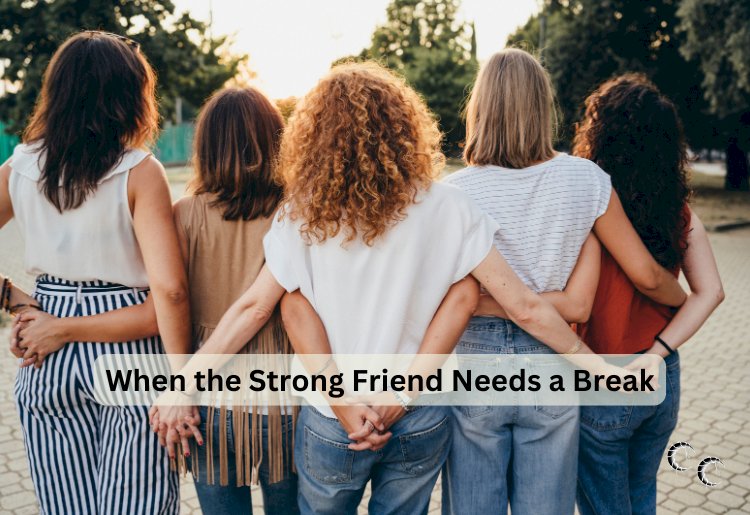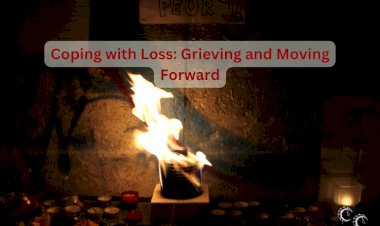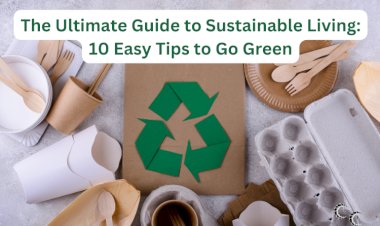When the Strong Friend Needs a Break

Dear Cordelia,
I think I have always believed that being the grown-up in my friendship group meant I had to be the sensible one, the calm one, the fixer, the glue when things went sideways. But lately, I am exhausted from keeping everyone else afloat while ignoring my own needs. When someone mentions vague plans, I jump to volunteer to organize, to resolve conflict, or to just make everyone feel better because I am afraid if I do not, someone will fall apart, even when I am bone-tired or barely holding it together myself. I suspect I have trained my friends to depend on me, but I do not know how to step back without them resenting me or deeming me unreliable. How do I shift the role I have long played without feeling guilty or damaging these relationships?
Always yours,
Chasing Balance,
Aisling
Dear Aisling,
Reading your letter, I see a remarkable heart behind your exhaustion: someone who is not looking for praise but simply yearns to be seen and be allowed to rest. That your kindness has meant others lean on you is no surprise. You have quietly become the cornerstone of support without ever wanting to be the paladin. But your worry that stepping back will unravel friendships tells me something deep is shifting in you, and that is brave.
First, let me say this: you are not being selfish, you are being human. Your capacity to care has served the people you cherish, but it does not come free. It draws on your own reserves and deserves replenishing. Without saying again and again, “I am tired,” you must find a gentler way to advocate for your own needs.
Think of it this way: if you have been the main anchor on that ship, it is understandable if the other parts of the crew have not learned to hold the ropes themselves. To shift that dynamic, consider starting small. Name one low-stakes responsibility. Maybe you tell them you would love someone else to house-manage the group dinner this time, because honestly, I am spent. That simple phrase holds needed boundaries while inviting them to step in.
Then notice how they respond. It does not make you unreliable to say, “I cannot do that right now,” it makes you honest, and honesty is a far more stable foundation to build connection on than always showing up even when you are crumbling.
You might also try sparking a gentle group conversation about how everyone is doing. Maybe over coffee or a video chat, say, “Something feels off for me lately, I would love to know how you all are feeling too.” Vulnerability invites reciprocity, and often people do not spring into action unless they feel safe doing so. You could be modeling a way to ask for help that feels real and approachable.
There will be moments you do feel guilty. It is okay, guilt shows you care. It does not mean you must keep filling the well while it is empty. You might journal how that guilt sounds in your mind. Maybe it says, “If I do not do it, someone will suffer,” or, “If I rest, I am letting them down.” Explore how true those fears are, and what else could happen. If you rest enough, you might be surprised how much stronger your friendships stand and grow when everyone is doing a bit more of the holding.
Slowly, if you shift even one way, you begin to shift the whole shape of your relationships. You give yourself room to breathe, your friendships room to balance, and, perhaps most importantly, you give others permission to be present too.
You do not need to sabotage your kind nature to protect your energy. You just need to reframe your energy as precious, not inexhaustible. You deserve the care you so freely give, and when you step back with clarity, integrity, and kindness, you are not abandoning your people, you are teaching them how to stand alongside you too.
With admiration and quiet pride,
Cordelia Cross






























